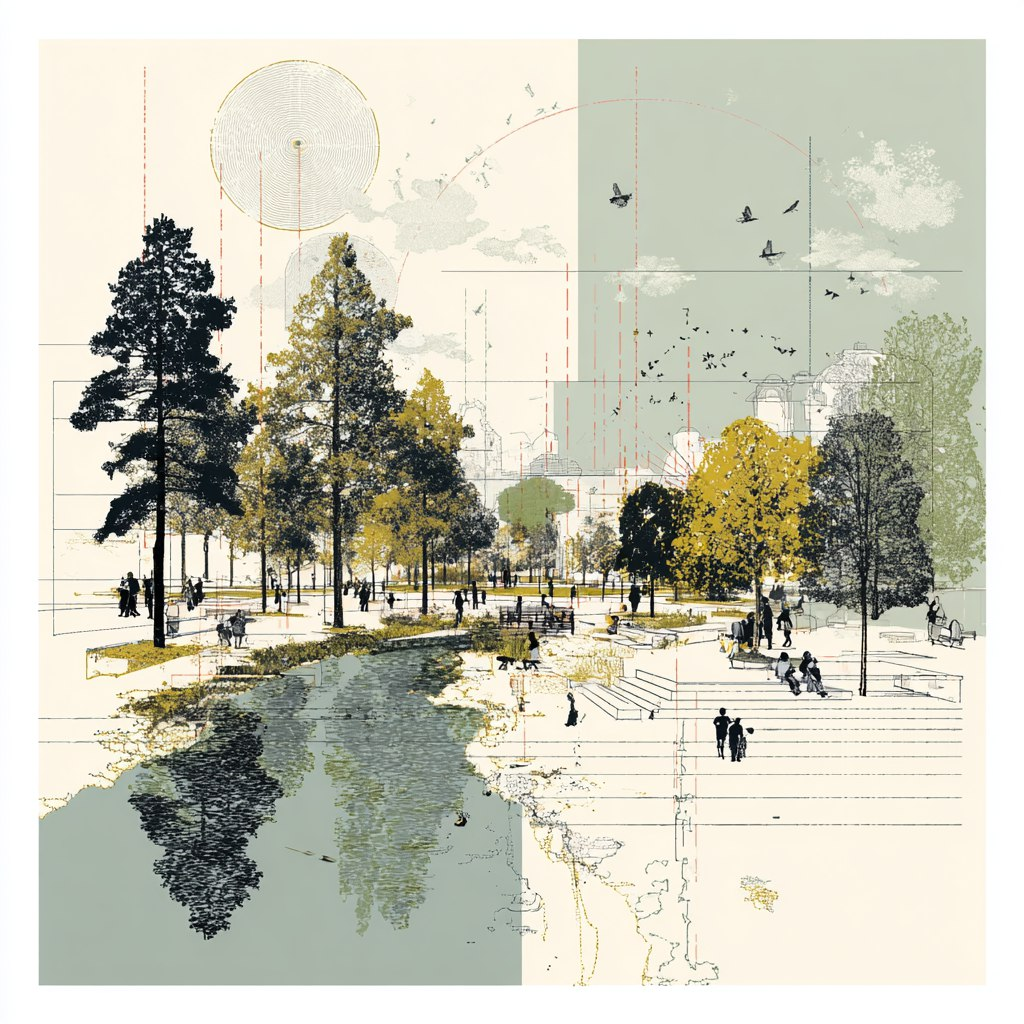
As part of the study of the ecosystem functions of the protected areas of Moscow, employees of the A.N. Severtsov Institute of Ecology and Evolution of the Russian Academy of Sciences, together with their acoustic colleagues from the Bauman Moscow State Technical University and the N.N. Andreev Acoustics Institute of the Russian Academy of Sciences, are planning a field stage to assess the soundscapes of city parks, based on the ISO/TS 12913 methodology.
Volunteers are invited to collect data.
1. July 15, Botanical Garden of Moscow State University on Vorobyovy Gory, 15-00, training route;
2. July 22, Tuesday, Izmailovsky Park, 10-00 (other routes are possible).
Objective of the study: To study how people perceive the acoustic environment of the park, going beyond simple noise level measurements.
What will need to be assessed: types of sounds (natural, anthropogenic, sounds of human presence), affective perception (pleasantness, eventfulness, chaos/calmness, etc.), general assessment of the environment, its adequacy to the purpose of the territory.
Why is this important? As shown in the ISO standard and according to the results of colleagues in Moscow (including research on the territories of Bauman Moscow State Technical University and Moscow State University), to create acoustic comfort zones and sound relief in the city, it is critically important to understand not only the volume, but also the composition of sounds, their perception by humans and the context of the place.
Organizational details
Date and time: July 15 (Tue), meeting at 15:00. Route through the Botanical Garden of Moscow State University. Meeting point: Kolmogorov Street and Pr. Vernadskogo (details will be sent later). Total route time is 2 hours.
July 22 (Tue), meeting at 10:00. Route through Izmailovsky Park. Meeting point: exit from the Sokolinaya Gora metro station (the exact location will be specified closer to the date). Finish at the Partizanskaya metro station (Arbatsko-Pokrovskaya line). Length: ~4-4.5 km on foot. Stops at 11 locations. It will take ~10 minutes at each point. Total time: Approximately 3.5 hours.
You will need comfortable shoes and clothes for the weather, water. Filling out the questionnaires is planned via Google forms on smartphones, paper forms are also possible.
Who are we looking for? Students (especially acousticians, ecologists, psychologists, urbanists), institute employees and anyone interested in: urban acoustics, human sound perception, quality of life in the city, research methodology according to ISO/TS 12913, or just a walk in the park while benefitting science!
How to sign up? You must fill out the participant form before July 12. Then you will be contacted in order to discuss the details. If you are interested in participating, but you will not be able to participate on July 15 and 22, please fill out the form anyway, and you will be contacted when the next dates are scheduled. You can also ask questions about the project in the form at the link.
